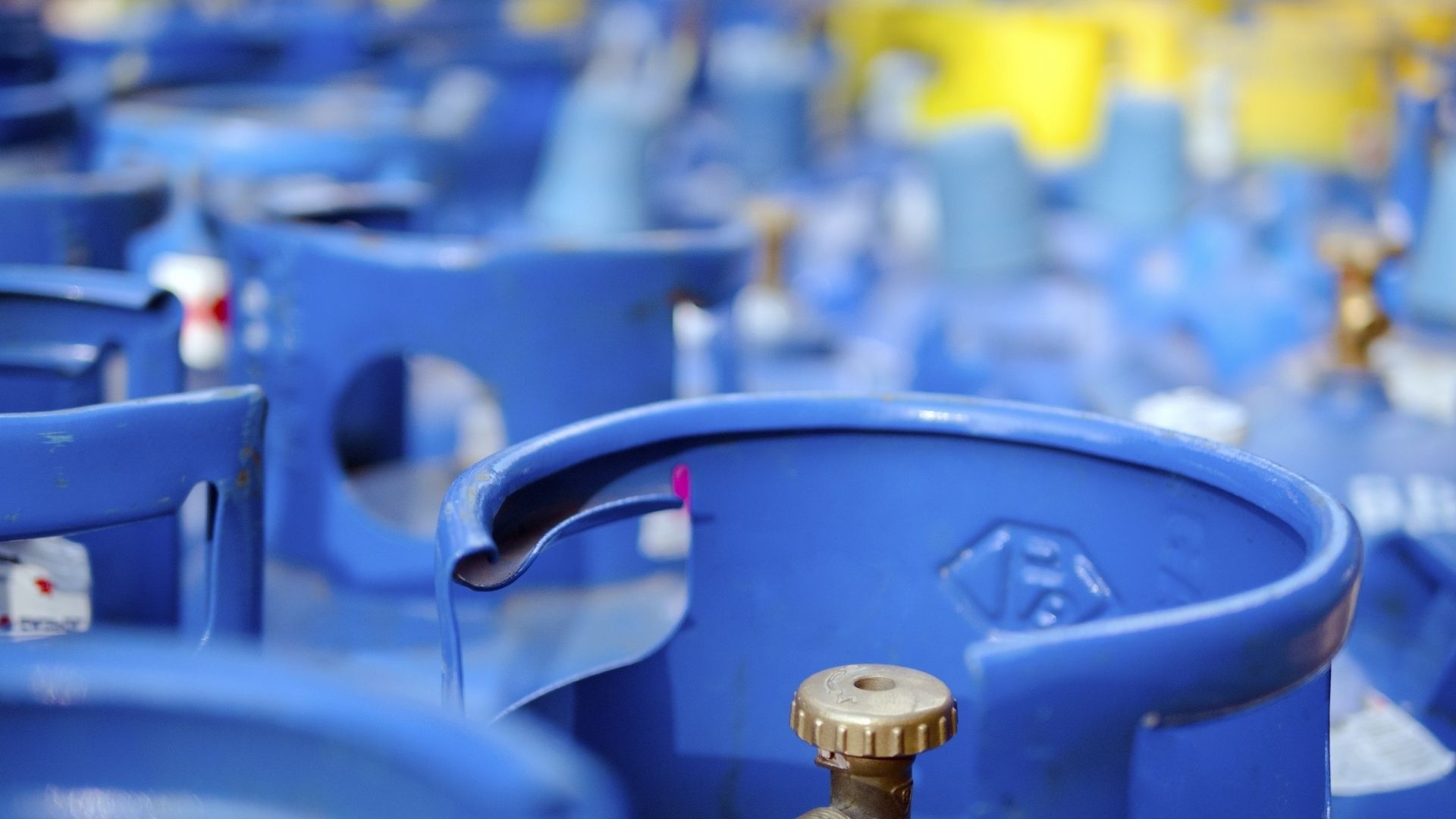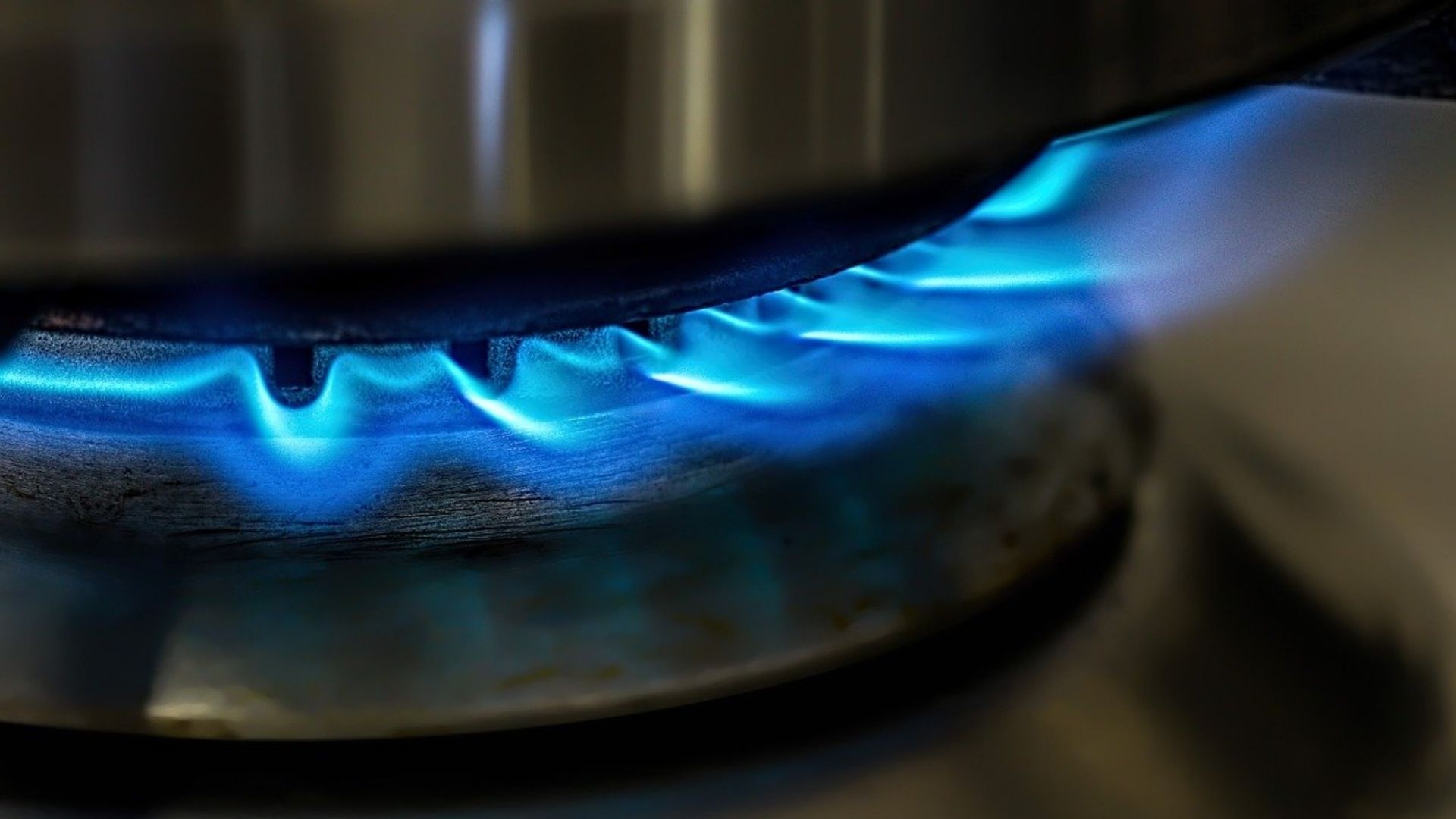7:00AM to 5:00PM
Safety should be the topmost priority, no matter where you work.
That being said, it is unfortunate that gas leaks occur pretty often – at home with your gas appliances, in commercial spaces, or in the workplace where combustible materials are nearby. Hence, it is crucial to have a National Gas Emergency number on your speed dial, take specific steps and precautions to prevent accidental gas leaks and potential hazards and have an emergency plan or emergency procedures should the event of gas leaks be unavoidable. I also want to know if some plumbing emergency services can help you if you face a gas leak.
At home, you can check your gas meter or gas levels if you smell gas or suspect gas leaks or learn to use a fire blanket on burning oil and naked flames while waiting for emergency services or your gas distributor, but offices are different. This guide will talk about some of the most common symptoms of a gas leak and how you can prevent it.
Of course, in the case of an emergency, we recommend taking preventive measures. If you don’t have fixed gas detectors in the vent of a gas leak, sound the fire alarm and clear the workplace. If you can’t turn off all electrical switches and gas appliances, get out to a safe distance with fresh air and safe oxygen levels and call emergency workers as soon as possible.
So, without further ado, let us get straight into the guide.
Most people typically ignore gas leaks, especially natural gas, since it’s an odourless gas, making them all the more hazardous. Since most gases are colourless and odourless, it can be challenging to notice a leak in an affected area – until it is too late. In most cases, you won’t be able to smell gas and activate the fire alarm to warn others to evacuate the office.
These gas leaks can lead to explosions, which can even turn fatal. Besides the obvious risk of a blast, long-term exposure to certain gases can be toxic and incredibly harmful to your health.
A gas leak can lead to breathing difficulties, ear ringing, blurred vision, dizziness, nausea, and nosebleeds. While it is recommended to follow certain safe practices to prevent a gas leak, sometimes, it may occur despite all precautions.
In that case, you must immediately remove as much gas from the enclosed area as possible. Then, ensure that everyone in the building is safely evacuated following emergency procedures. And call the authorities and emergency personnel immediately.
The longer an individual is exposed to a gas leak, the more risk of carbon monoxide poisoning and hospitalisation. Regular inspections by a certified professional should be done as much as possible to prevent gas leaks and carbon monoxide poisoning. The problem with carbon monoxide is that it’s a colourless and odourless gas. So, it isn’t easy to gauge. However, carbon monoxide poisoning can cause nausea, muscle fatigue and pains in the chest and lungs. There is also equipment that can detect gas leaks, like a fixed gas detector, so let the professionals handle it.
Everyone should be aware of or familiar with the emergency procedures and emergency plans, as well as the first step should a gas leak occur.

One of the most common signs of a gas leak is an unpleasant, sulphurous odour, similar to rotten eggs. Observing keenly and not ignoring this smell is essential, as it is typically associated with harmful gas emissions.
If you smell any such odour, your first step should be to open all doors and windows immediately. You can also ask your colleagues if they notice any similar smells. And ensure you speak to a certified professional about it as soon as possible.
It may take some time to notice this sign, but try to check for strange whistling or hissing sounds near a gas line. This is a sure sign of a gas leak; you should immediately act if you notice it.
You and your colleagues might be watering and taking the best care of the plants in the office. However, you might notice them wilting or dying without any good reason.
Well, dying or wilting plants may signify a gas leak. If you are unsure about it, it is best to speak to a professional and call them over to check the gas lines at the office. As mentioned, regular inspections are highly recommended to prevent gas leaks, and they also help remind you of the emergency procedures in case of a gas leak in your workplace.
A few other signs you should look out for include –
Now that you know about the most common signs to look for, here are a few preventive measures against gas leaks.

First and foremost, conducting meetings and courses to educate people about fire and gas safety is vital. It’s imperative to educate everyone about how to spot signs of a gas leak, the preventive measures to be taken, and how to prevent natural gas leaks.
Furthermore, ensure that multiple emergency contact numbers are displayed in clear, accessible areas that people can use in the case of an emergency.
Next, scheduling periodic inspections by certified inspectors at the workplace is essential. Ensure that all the gas lines, pipes, and appliances are checked regularly and note if they are working correctly. If there is some issue, don’t delay and speak to a professional gas fitter about the repair.
Usually, you can find a shutoff switch near every gas supply meter. In the case of a gas leak, immediately shut down the gas supply to prevent further leakage.
The next step is to open all doors and windows to let the trapped gas out of the room. Also, ensure that no person at the workplace lights anything flammable, as the results could be disastrous.
There should be an adequate number of fire extinguishers kept at the workplace; the fire extinguishers can be used in the case of an emergency or natural gas leaks. Also, make it a point to teach everyone in the office about using fire extinguishers in emergencies.
It is best not to attempt to handle a significant gas leak or a fire hazard alone. You’ll need a competent person with knowledge of the preventative measures one should take so the situation does not worsen or escalate. So, ensure that everyone is evacuated from the premises safely and call for professional help.
Preventing a gas leak at the workplace may not be the easiest thing to do. However, taking small steps and handling the situation calmly can reduce the risk. And having basic knowledge of some preventative measures is also a huge plus.
In the case of an emergency, remember that it is vital not to panic, as it will cause a domino effect among others present there. Stay calm, assess the situation correctly, and take the appropriate steps to ensure their safety and your own. Even if you’re facing the same gas problem at home, don’t panic; contact the experts.
Lastly, leave the job to the professionals and call for help immediately.
Don’t try to work on all your gas fitting needs alone. Don’t connect your LP gas to your natural gas appliances, or if your gas meter doesn’t work or something is wrong with your gas supply gas levels, don’t attempt to fix it on your own. Leave all gas-related issues and needs to a fully licensed gas fitting expert.